Meet Justice Sandeep Mehta and his Notable Judicial decisions
- ByPravleen Kaur --
- 17 Jun 2025 --
- 0 Comments
Justice Sandeep Mehta, born on January 11, 1963, is a sitting judge of the Supreme Court of India, having assumed office on November 9, 2023. Before his elevation, he served as Chief Justice of the Gauhati High Court and as a judge of the Rajasthan High Court, where he built a reputation for his expertise in criminal and constitutional law.
Background and Career
Justice Mehta began his legal practice in 1986, focusing on criminal and constitutional matters. He held various roles in the Bar Council of Rajasthan, including Chairman, before his judicial appointment. He was elevated to the Rajasthan High Court in 2011, became its permanent judge in 2013, and was appointed Chief Justice of the Gauhati High Court in February 2023. His tenure in the judiciary is marked by a commitment to fairness, protection of rights, and progressive interpretations of law.
Landmark Judgments
1. All Assam Transgender Association v. State of Assam (2023)
As Chief Justice of the Gauhati High Court, Justice Mehta directed the Assam government to establish the Office of the Transgender Welfare Board. This judgment was a significant step in recognizing and addressing the rights and welfare of transgender persons, mandating the state to take concrete measures for their inclusion and protection.
2. Mohan Lal v. State (2022)
Justice Mehta, sitting on a division bench of the Rajasthan High Court, overturned a dowry death conviction. The bench found the trial court’s decision unjustified as it was not based on credible medical evidence. This ruling underscored the importance of expert testimony in criminal convictions and reinforced safeguards against wrongful convictions.
3. Dinesh Suthar v. State of Rajasthan (2019)
In a habeas corpus petition involving inter-community marriage, Justice Mehta granted protection to the couple and directed police to ensure their safety. The judgment emphasized the right to personal liberty and protection from societal harassment, especially in cases of inter-faith or inter-caste marriages.
4. Criminal Jurisprudence and Evidence
Justice Mehta has repeatedly clarified that convictions based on circumstantial evidence require that all facts must point irrefutably to the accused’s guilt, reinforcing the high standard of proof in criminal law. He has also held that a dying declaration can be the sole basis for conviction if it inspires full confidence and is made in a fit state of mind.
5. Labour and Service Law
He has ruled that reductions in pay scale and recovery from government employees are punitive actions with severe consequences, thus requiring strict procedural safeguards.
Judicial Philosophy
Justice Mehta is known for his rights-oriented approach, insistence on due process, and sensitivity to marginalized groups. His judgments reflect a balance between the strict application of law and the need for social justice, particularly in areas of criminal law, gender rights, and personal liberty. Through his decisions, Justice Mehta has contributed significantly to the protection of individual rights and the evolution of progressive jurisprudence in India.

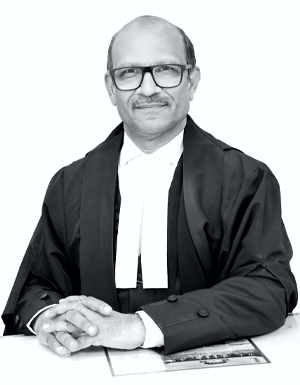












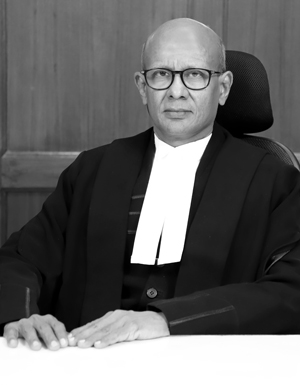
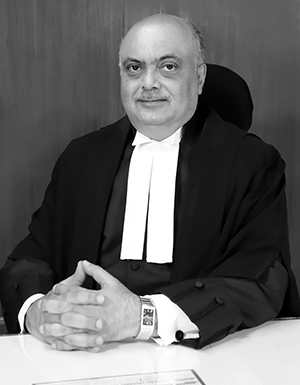
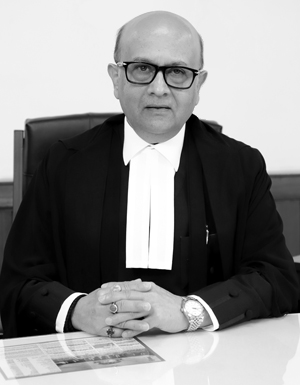



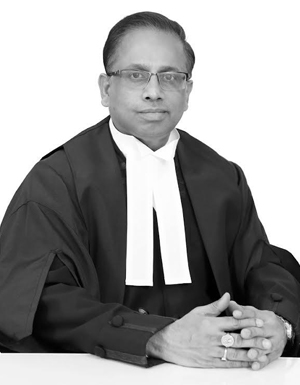

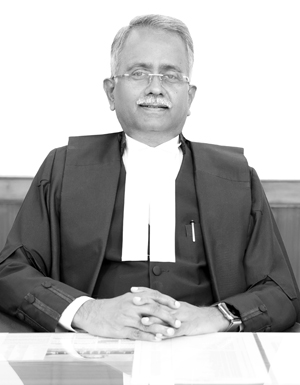
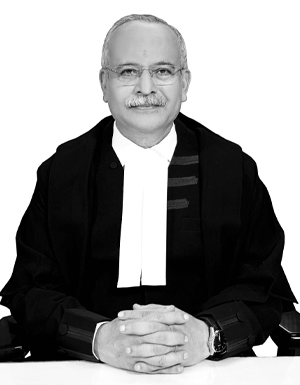




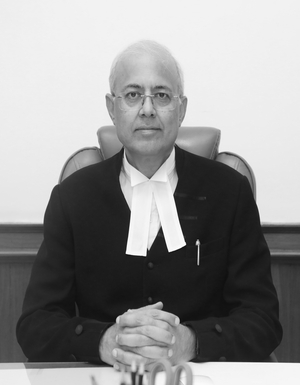


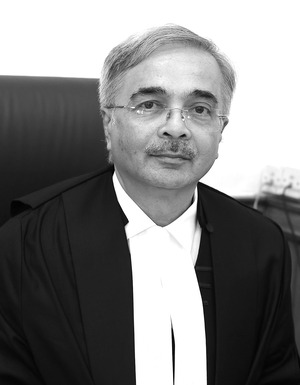
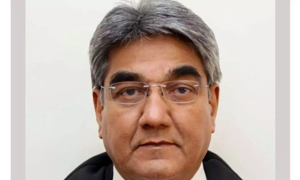
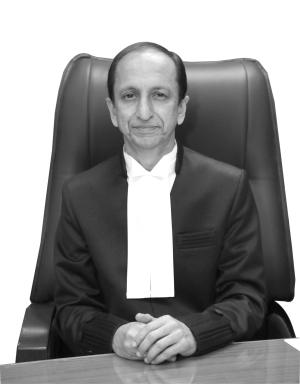
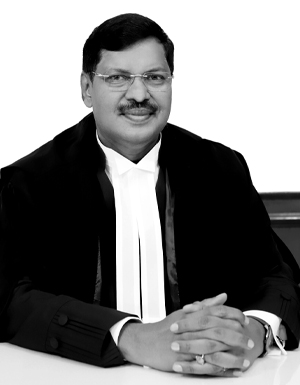
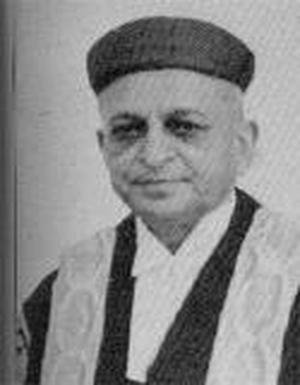
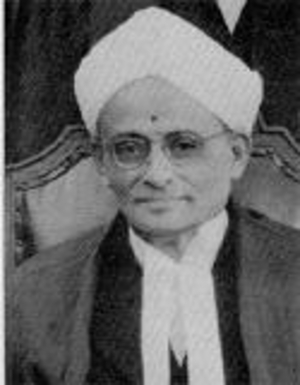
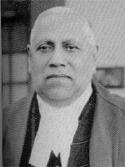
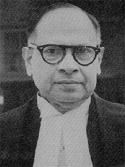
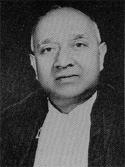

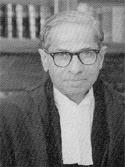
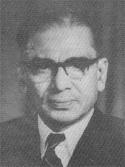
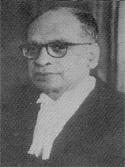
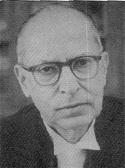
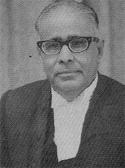
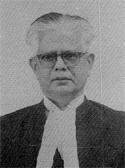
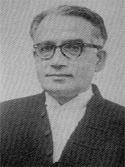
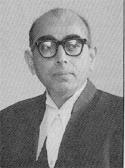


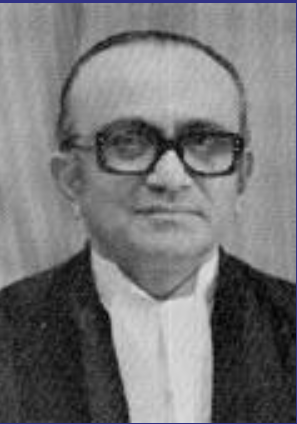

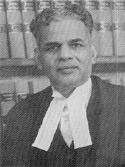
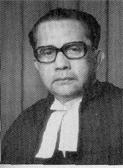
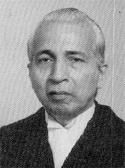
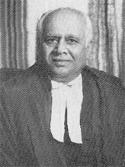
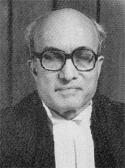
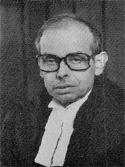
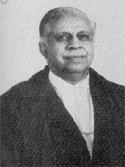

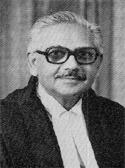
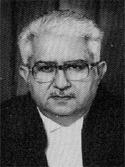
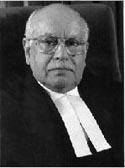
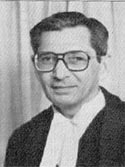

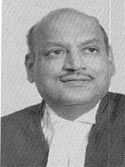
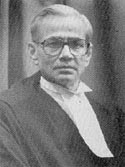
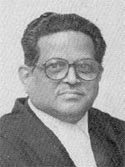

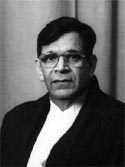
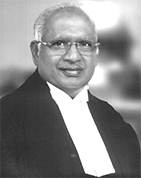
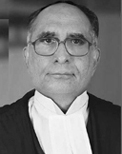
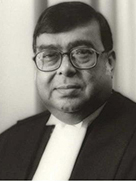

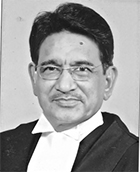



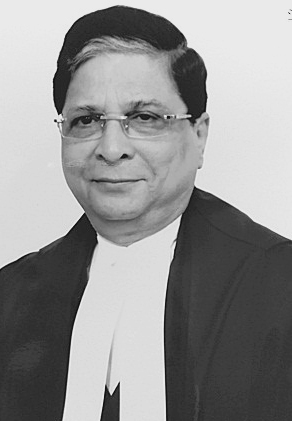
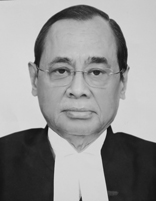



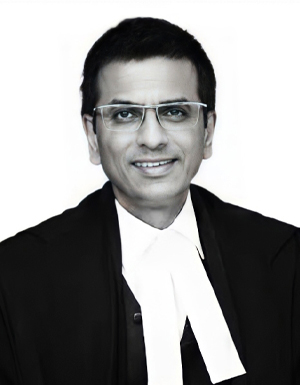

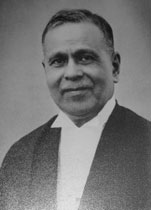
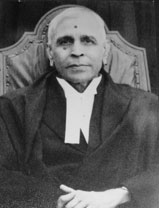
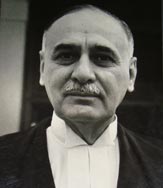
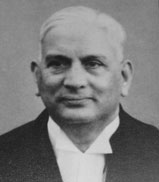
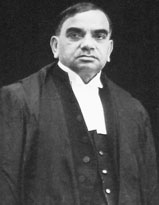

0 comments